The Looming Shadow of a Global Conflict: Is the World on the Brink of World War III?
World War III The tension between Russia, Ukraine, and the Western powers has escalated to alarming levels, with concerns that the world could be inching closer to another global conflict. Recent remarks by Russian officials have heightened fears that the current situation could spiral into World War III. This article delves into the underlying causes of the conflict, the role of the West, and the potential global ramifications.
The Genesis of the Conflict
The roots of the Russia-Ukraine conflict date back to the collapse of the Soviet Union in 1991. Ukraine, once a Soviet republic, gained independence, leading to a shift in geopolitical dynamics. Ukraine's strategic position and historical ties with Russia made it a focal point in the struggle for influence between Russia and the West.
The situation escalated in 2014 when Russia annexed Crimea, a move that was condemned globally and led to economic sanctions against Russia. This event marked the beginning of a prolonged conflict in Eastern Ukraine, where Russian-backed separatists clashed with Ukrainian forces. Despite numerous ceasefires and peace talks, the conflict has persisted, with thousands of lives lost and millions displaced.
The Role of the West
Western nations, particularly the United States and European Union, have played a significant role in the conflict. Their support for Ukraine, both diplomatically and militarily, has been a key factor in the ongoing tensions with Russia. The West's involvement includes providing military aid, imposing economic sanctions on Russia, and supporting Ukraine's aspirations to join NATO, a move that Russia views as a direct threat to its security.
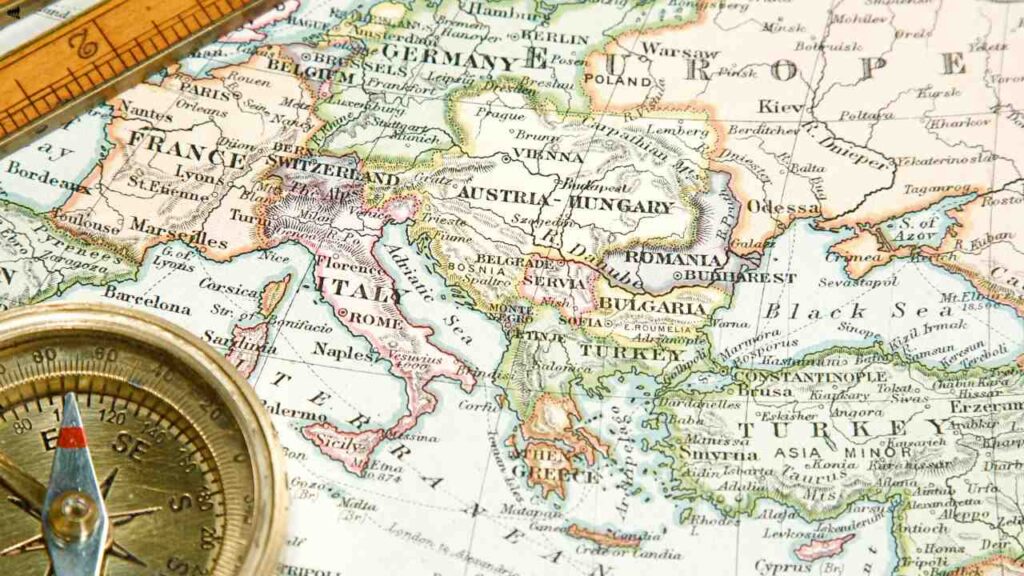
The West's actions have been met with fierce resistance from Russia. Moscow has accused the West of meddling in its sphere of influence and attempting to encircle Russia with hostile alliances. The situation has been exacerbated by the expansion of NATO, which now includes several former Soviet states. Russia perceives this as a violation of agreements made after the Cold War and a direct challenge to its national security.
Escalation and the Threat of Global War
Recent developments have raised concerns that the conflict could escalate into a full-blown global war. A prominent Russian lawmaker recently warned that the world is on the brink of World War III, citing Ukraine's incursion into Russian territory with the assistance of Western powers. This statement is reflective of the growing paranoia and hostility within the Russian government, which views the West's support for Ukraine as an existential threat.
The ongoing conflict has already had significant global repercussions. Energy prices have skyrocketed, particularly in Europe, which relies heavily on Russian natural gas. The conflict has also strained international relations, with countries forced to take sides in the dispute. The potential for a wider conflict involving multiple nations is a real and frightening possibility.
The Global Impact of a Potential World War
Should the conflict escalate to a global scale, the consequences would be catastrophic. A third world war in today's world, with advanced nuclear arsenals and sophisticated military technologies, could result in unprecedented destruction. The global economy, already reeling from the effects of the COVID-19 pandemic, would face further devastation. Supply chains would be disrupted, leading to shortages of essential goods and services.
Moreover, the human cost would be staggering. Millions could be displaced, creating a humanitarian crisis of epic proportions. The environmental impact of such a conflict, particularly if nuclear weapons were used, would be dire, with long-lasting effects on the planet's ecosystems.
ALSO READ: Kolkata Rape-Murder Case
Diplomatic Efforts and the Need for De-escalation
Despite the grim outlook, there is still hope for a peaceful resolution to the conflict. Diplomatic efforts must be intensified to prevent the situation from escalating further. The international community, particularly the United Nations, must play a more active role in mediating the conflict and facilitating dialogue between the parties involved.
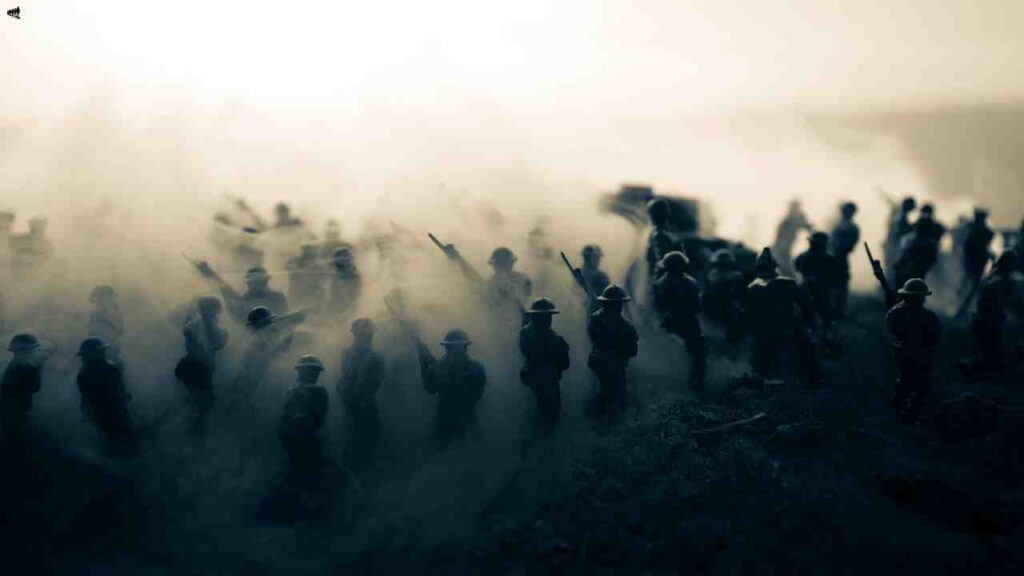
The West, while supporting Ukraine, must also recognize Russia's security concerns and work towards a solution that addresses both sides' interests. This could involve revisiting agreements made after the Cold War and ensuring that NATO's expansion does not threaten Russia's security. Economic sanctions, while effective in some cases, should be coupled with diplomatic negotiations to achieve lasting peace.
Russia, on its part, must refrain from aggressive actions that further destabilize the region. Engaging in constructive dialogue with Ukraine and the West is crucial for de-escalation. Both sides must commit to a ceasefire and work towards a political solution that respects Ukraine's sovereignty while addressing Russia's security concerns.
Conclusion: The Precarious Path Ahead
The world stands at a critical juncture. The Russia-Ukraine conflict, fueled by historical grievances and geopolitical rivalries, has the potential to ignite a global war. The rhetoric from Russian officials, warning of an impending World War III, should not be taken lightly. However, it is not too late to prevent this scenario.
Diplomatic efforts, supported by the international community, are essential to de-escalating the conflict and preventing a global catastrophe. The path ahead is precarious, but with the right approach, peace is still achievable. The world must act swiftly and decisively to avert the horrors of another world war and ensure a stable and secure future for all.
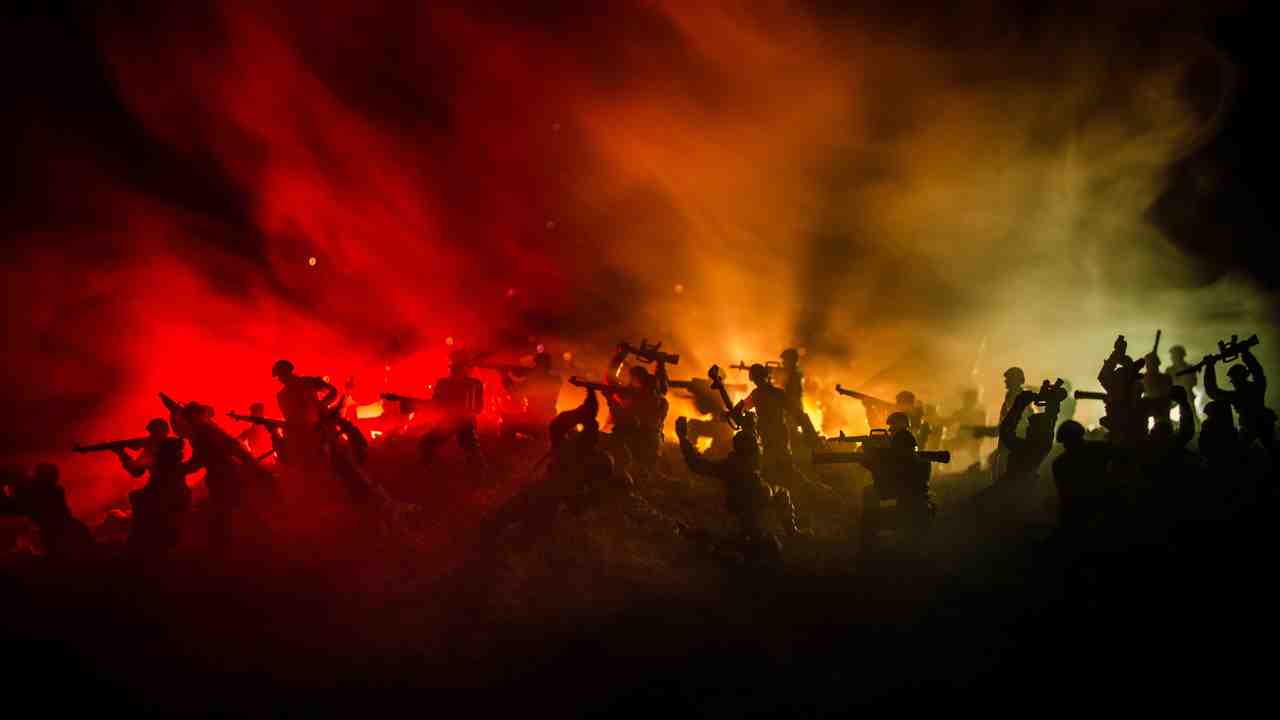
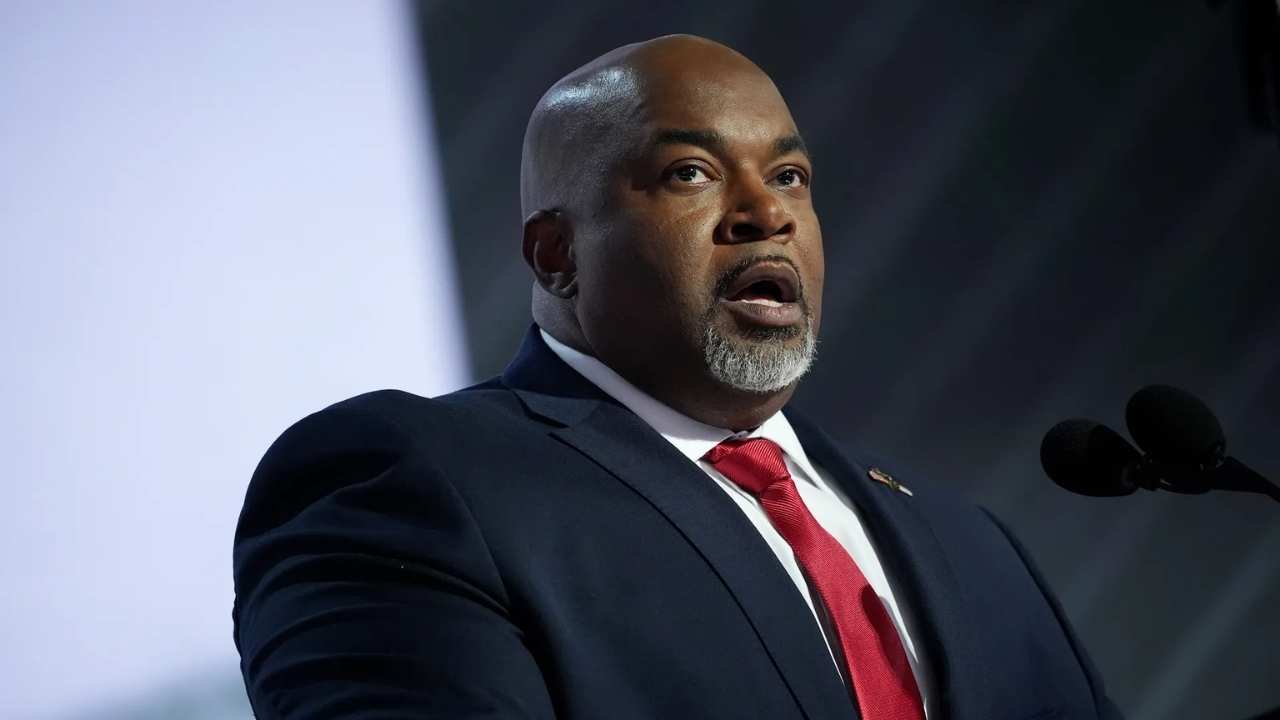

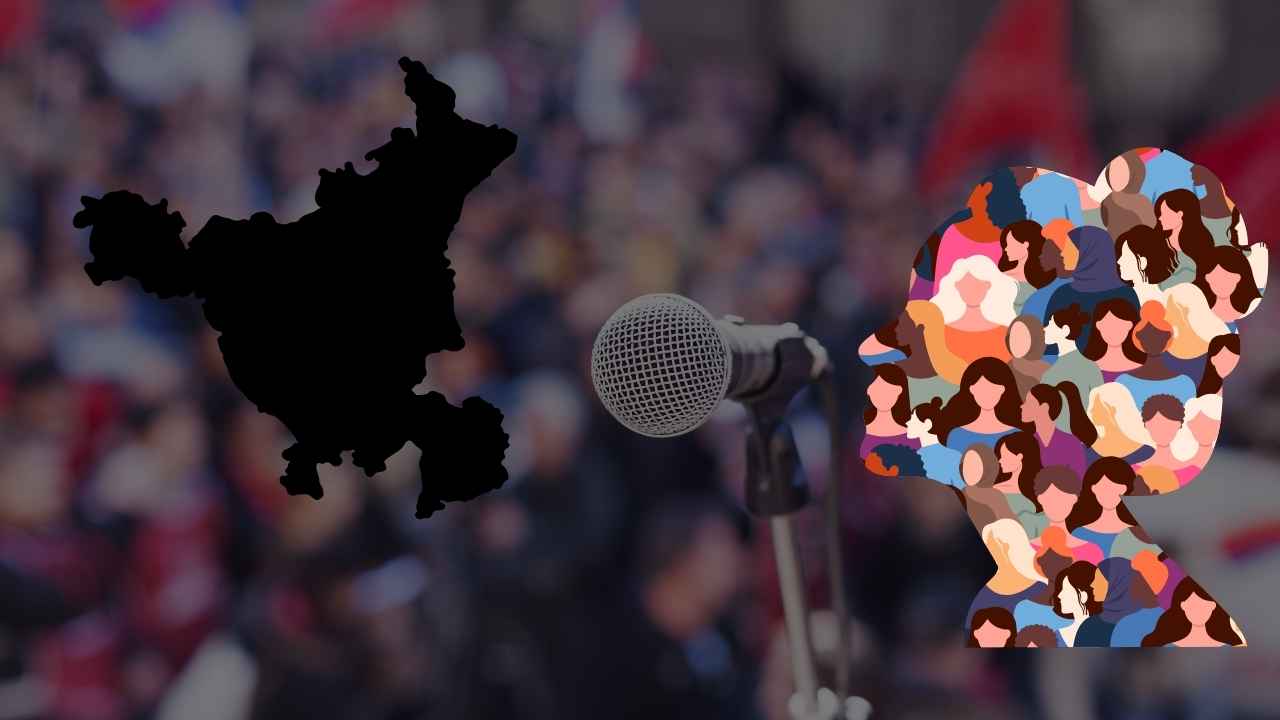










1 comment